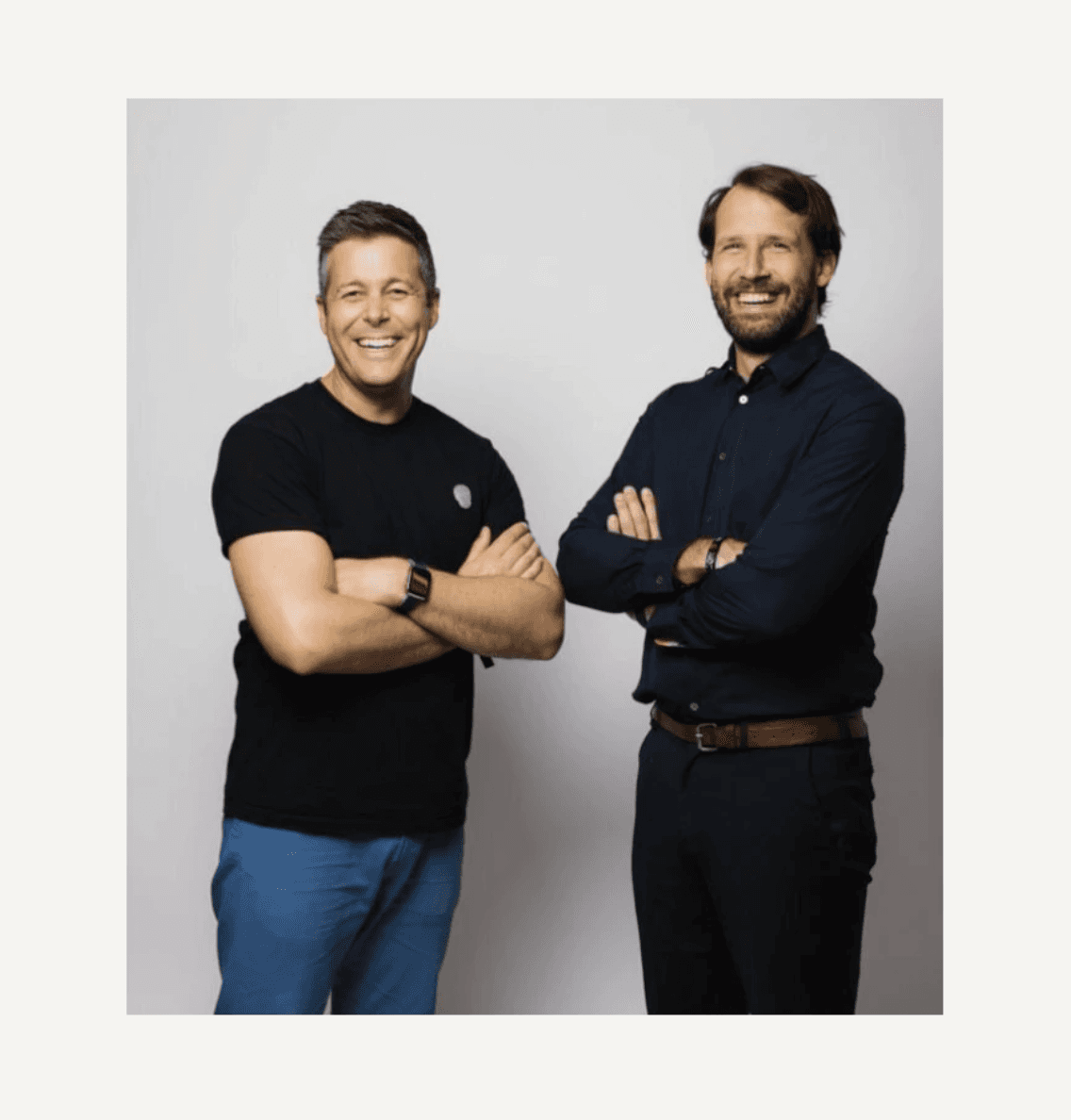Dec 7, 2022
5min read

Authors
The world of animal-free alternatives to animal products is a challenge — and there’s no greater challenge than cheese. Formo sought to solve that
Founder of Formo, Raffael Wohlgensinger
As a Swiss-Brazilian, Raffael Wohlgensinger’s upbringing was laden with meat-based products. The Brazilian half of his family meant that he was used to eating prime cuts of beef, perfectly cooked on barbecues. Based in Switzerland, his love of milk, cream, cheese — and chocolate — was drummed into him. But Wohlgensinger’s vegetarian girlfriend turned him onto a vegan diet.
At the time, he was studying business at university, and wanted to study biology. The confluence of personal circumstances and professional interest met together in an idea for a new business: Formo.
Formo is the future of dairy, bringing the future of food to life, and focusing on some of the trickiest elements of animal-free alternatives to food to get right: cheese. Plant-based foods are a massive business, worth $7 billion in the US alone — up from $5.5 billion in 2019. The plant-based cheese share of that market is comparatively small: $270 million, according to the Global Food Institute As any vegan knows, the comparatively small size of the market may be because of the quality of most products. Whether it’s eating it plain or melted on a pizza, plant-based cheese has struggled to capture the same properties that make its dairy alternative so beloved. Formo saw an alternative: a new category that uses precision fermentation of microorganisms to exactly replicate traditional dairy protein, without the impact farming has.
Wohlgensinger knew that himself as someone who had grown up eating mountains of Swiss cheese and suddenly being confronted with trying to supplant it with plant-based versions. He knew there was a market opportunity for someone to do it better — which is why he moved to Berlin in 2018 and spent six months digging into the complicated world of biotech. “I was like, ‘Okay, well you use fermentation then produce proteins and fats, and use that to make cheese,’” he says. “But how does that work?”
To try and answer that question, he picked the brains of dozens of experts, “I did a lot of MIT online courses, I travelled around to ETH, DTU, TU Berlin, and went into open office hours with professors and asked them: ‘I have this idea. I’m a business guy. I have no idea how this is working. Can I explain what I have in mind?’”
The conversations helped crystallise what Wohlgensinger thought he needed from the company. He pitched the idea to FoodLabs, run by Atlantic Labs in Berlin, and received feedback that they loved the idea, but he needed a co-founder. “They said: ‘When you find a good co-founder and team, we’re going to be here and back you,’” he says.
Wohlgensinger went searching for his co-founder, speaking with scores of potential people before finding Britta Winterberg, a German molecular biologist focused on plant microbe interaction and protein expression. By November 2018, they pitched the idea together to FoodLabs — who kept up their end of the bargain. Formo was backed by them; it launched in January 2019. “We started going,” says Wohlgensinger.
The company began exploring options for their animal-free cheeses, and decided to go down the route of precision fermentation, where microorganisms produce the raw ingredients needed to produce the cheese. At the time, Winterberg was still based in Bangkok, renting a laboratory from the local university in which to conduct the tests. Formo brought on Sandra Wilde as head of food science. “She was a funny hire,” says Wolhgensinger. “Her family are all dairy farmers.” Soon after, Javier Romero joined as Formo’s head of innovation. “In 2019 I was in Berlin Mitte, Javier and Sandra were in west Berlin in a kitchen from another incubator, focusing on animal-free products, and Britta in Bangkok,” he says. “All of us were working on proofs of concept, bringing it together and developing the business.”
Seed funding in December 2019 helped Formo formalise the process and bring everyone into Germany to establish a lab of their own, rather than begging and borrowing space elsewhere. By 2021, the company had built to 40 people, working remotely during the coronavirus. “2020 was about doubling down on and derisking the science, and scaling up the production of the proteins,” says Wolhgensinger. It was also when they produced their first scrappy prototypes from the ingredients they had produced.
Michelin-starred chefs began taking an interest in the convincing new cheeses that Formo was able to produce; one highly-acclaimed chef in Frankfurt incorporated the products into a seven-course tasting menu they offered in 2021. “It was showcasing how great the products are, and what potential the products have in the future,” he says. It was a proof point for the concept after two-and-a-half years of existence.
“Of course we’re developing the technology and the product,” says Wohlgensinger, “but on a society level, we’re changing the narrative of how food is produced, and the relationship of people with food as well.” It’s a total overhaul of millennia of human development. “We come from an agricultural system where we have been domesticating microorganisms like animals and cows for millennia to do what we want them to do — to get as much milk as possible.” What Formo does is shun macroorganisms in favour of microorganisms. “That’s a very new way of looking at food production.”
And as perceptions shift, so does Formo. “We’re in a moment of the company where we transition from a pure R&D company into a commercial company,” says Wohlgensinger. “We’re now at a stage where most of our focus is how we now bring this to market in the best possible way.” The goal? “To replace 10% of animal-based dairy in Europe by 2030, which is an insane level of ambition, because it’s roughly equal to Nestle’s dairy business today.”
It’s a lofty one, but something Wohlgensinger believes is achievable. “We want to be a public company, one that everyone can buy shares from because we believe lots of people are excited about what we do,” he says.
That’s the macro level goal. But the micro level one is something more humble. “I want to be able to walk into a high-end cheese shop in five to 10 years’ time and be able to buy each and every one of those products produced by our technology at Formo,” he says. “To get the tradition and heritage we have today, through our technology.”






















































































































































